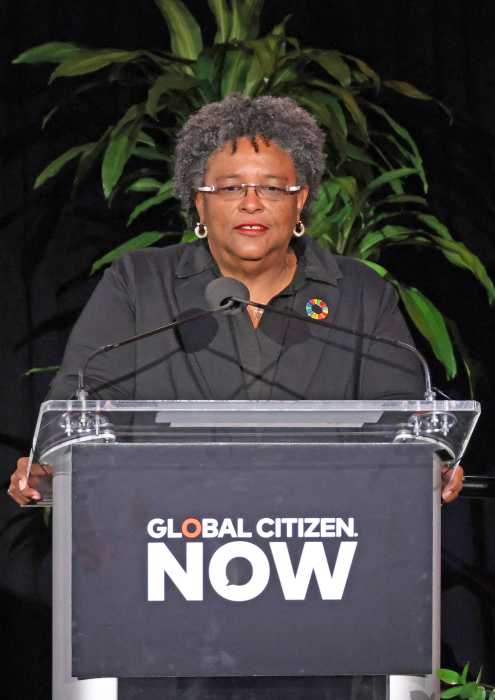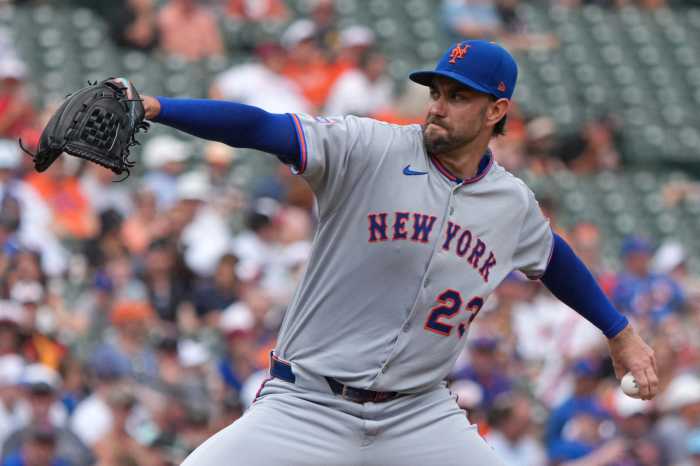TEGUCIGALPA, Honduras (AP) – Honduras’ top human rights official said Monday he worries that the second fatal shooting by U.S. agents in Honduras is part of a widening confrontation between drug traffickers and U.S.-backed police and troops.
The Honduran government defended its work with the U.S., saying that the Americans have helped to dramatically increase drug seizures in the country.
Human rights ombudsman Ramon Custodio said Monday that “sooner or later air and sea operations won’t be enough and we’ll see military and police operations on land.”
A U.S. Drug Enforcement Administration spokeswoman said Sunday that the pilot of a suspected drug flight was shot dead by two DEA agents this month after he refused to surrender and made a threatening gesture.
At the time, Honduran police said the twin-engine plane arriving from Colombia with a load of cocaine crashed on July 3 while being chased by government aircraft. Honduran officials said that one pilot died and a second was badly injured, but didn’t say how the death occurred.
On Sunday DEA spokeswoman Dawn Dearden said that police arriving at the crash scene in eastern Honduras found the plane’s two pilots and arrested the injured one. She said the second pilot was shot by the DEA agents after he ignored orders to surrender and made a threatening gesture.
She called the operation, which involved Honduran police and embedded DEA advisers, a success that resulted in the seizure of 900 kilograms (almost a ton) of cocaine.
Honduran Minister of Public Safety Ivan Mejia said the operation was part of a “permanent, frontal, professional, radical and transparent offensive against organized crime.”
“In these types of operations, those committing crimes must understand that if they resist it could lead to confrontations that could lead to loss of life. They shouldn’t break the law, or, they should surrender,” Mejia said.
U.S. officials say that in late June an agent shot a suspected drug trafficker as he reached for his gun in a holster during a raid in a remote northern part of Honduras. That operation resulted in the seizure of 792 pounds (360 kilograms) of cocaine, the officials said.
A similar raid on May 11 killed four people, whom locals claimed were innocent civilians traveling a river in Honduras at night. Honduran police said the victims were in a boat that fired on authorities. The DEA said none of its agents fired their guns in that incident.
An aggressive new enforcement strategy that has sharply increased the interception of illegal drug flights in Honduras, which has become a major transshipment point for U.S.-bound drugs. The country’s remote Mosquitia region is dotted with clandestine airstrips and a vast network of rivers for carrying drugs to the coast.
The strategy involves a special team of DEA agents who work with Honduran police to move quickly and pursue suspicious flights, a U.S. official has said. Honduran and U.S. drug agents follow flights they detect of unknown origin and work with non-U.S. contract pilots.
International crackdowns in Mexico and the Caribbean have pushed drug trafficking to Central America, which is now the crossing point for 84 percent of all U.S.-bound cocaine, according to Joint Task Force-Bravo, a U.S. military installation in Comayagua, Honduras.
The Honduran navy said it had seized two tons of cocaine on Saturday in an operation using information provided by U.S. forces in Honduras.

























